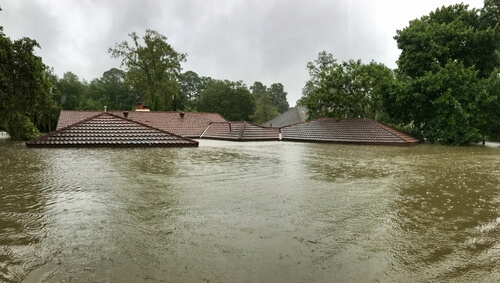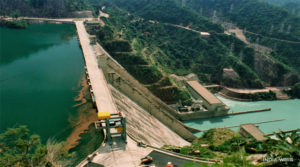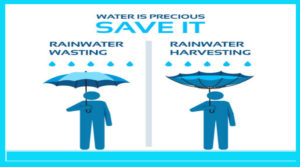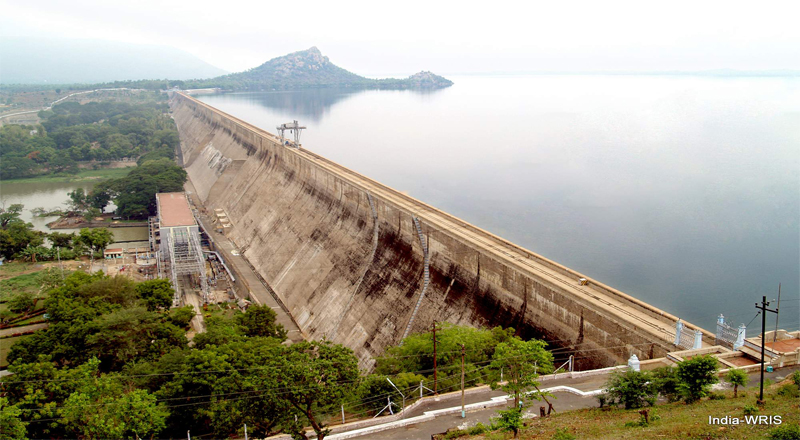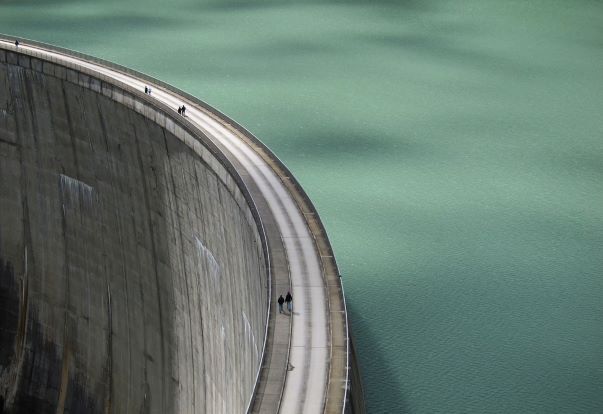Kerala Floods Were Man Made Disaster Says Court’s Amicus Curiae
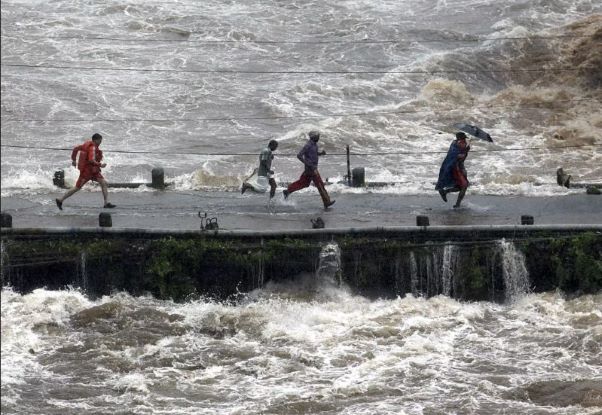 Image Courtesy Geospatial World
Image Courtesy Geospatial World
As a huge setback to State govt claims the Amicus Curiae of Kerala High Court has submitted a report which says that the devastating floods last year in Kerala was caused by mismanagement in the opening of dams. The Amicus Curiae has also demanded a judicial probe into the matter.
The 49-pages report was filed by Advocate Jacob P Alex, who was appointed amicus curiae by the High Court to give assistance in deciding a batch of petitions which alleged that floods were a man-made disaster caused by sudden release of water from reservoirs without proper precautionary measures.
Kerala received 42% more than the normal rainfall between June to August 2018 and the rainfall between August 15 to 17 was extremely heavy and torrential in nature, mentioned the report. The Kerala Government had taken the stand that extreme rainfall between August 15- 17, which was not predicted in the forecast by Indian Meteorological Department (IMD), was the sole cause for floods. By stating that the live storage capacity of dams were only 7.4% of the annual average run of rivers, the Government denied any role of dams in floods. No early release of water was possible as there was no IMD forecast about high-intensity rainfall between August 15-17. Since most dams were near full reservoir level by second week of August, they had to be suddenly released to accommodate the unanticipated spike in inflow during August 15-17, said the Government.
The amicus opined that various other factors such as high storage levels in dams in the first week of August 2018 coupled with sudden discharge from dams during August 15-17, absence of proper flood forecasting system, reduced storage capacity of dams due to siltation etc, aggravated the flood situation. It was highlighted that all 79 dams in the state were maintained with the objective of hydel power generation or irrigation and none of them had flood control as a purpose. The amicus expressed that detailed study was needed to examine whether these factors worsened the flood situation and suggested the constitution of an independent expert body consisting renowned experts in the field of hydrology, dam management etc. for that purpose.
The report says that the dams were opened without following the required guidelines and criteria. Amicus curiae also said that a probe must investigate if the warnings were in line with the guidelines.
Other preliminary observations made in the report are :
- Emergency Action Plan(EAP) for dams has not been formulated in the State.
- Warning alerts (Blue/Orange/Red) were not issued as per EAP guidelines.
- No proper follow-up action or precautionary steps (especially for evacuating people and accomodating people in safe locations) were taken after issuance of Red Alert Reduced storage capacity in dams due to siltation.
- Rule Curves of dams – the target level planned for dams under different probabilities of inflows at different periods in a year- were not updated.
- No Real Time Integrated Operation of reservoirs to enable quick response.
The Dams had reached full capacity quickly and the government failed to take the warnings of Met Department seriously and had failed to take precautions to face the unrelenting rain.
The 2018 floods of Kerala is said to be the biggest flood in the recorded history of the State. Months of continuous rainfall led the water levels across the State to steadily increase. There are reports that suggest that the government refused to open the dams till the last moment to store water for electricity generation. After the dams were finally open it was released at one go and without adequate warnings. Within hours the dam waters flooded towns, villages, and cities plunging the people of the State into an unprecedented misery.
To read the Amicus Curiae Report Click here

